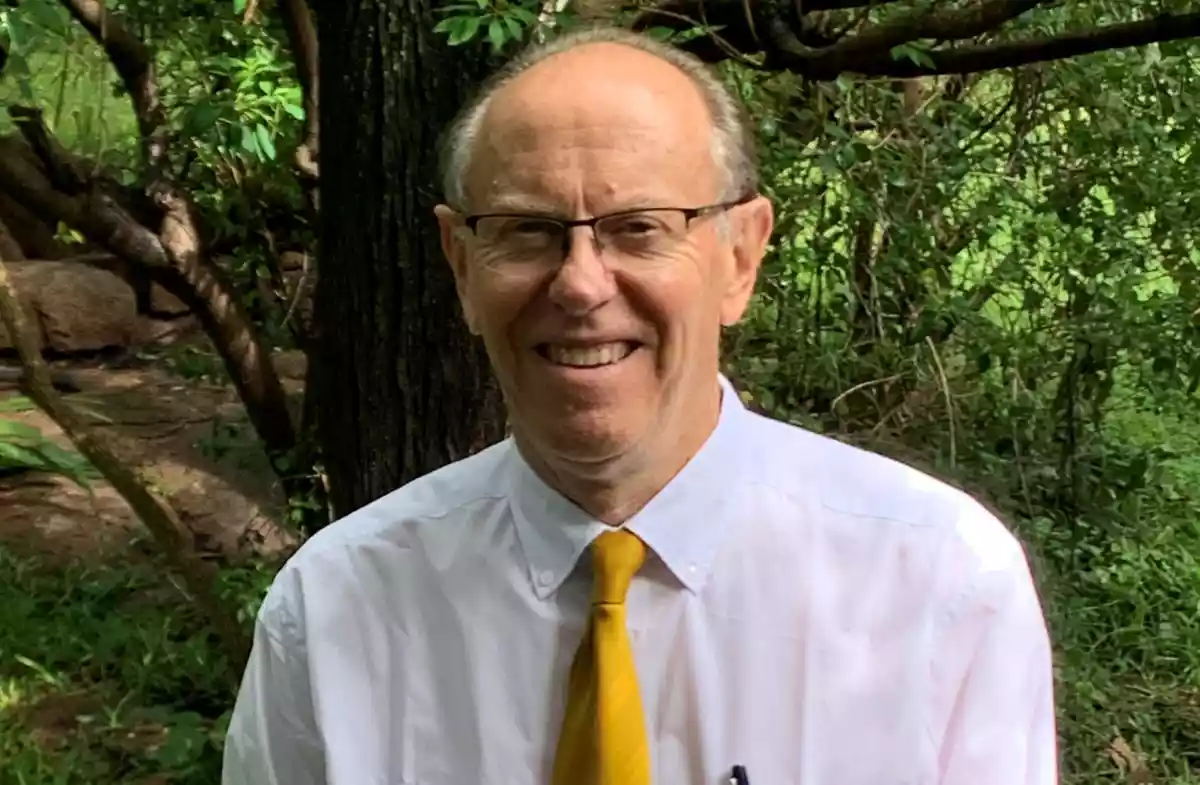
ZIMBABWEAN firms have a potential to regain their foothold on the European Union (EU) market if they develop a sustained value chain system with the right pricing model, a top diplomat has said.
NQOBILE BHEBHE CHIEF REPORTER
The majority of local firms stopped exporting to the EU several years ago despite the country having tariff and quota-free access to the market under the Cotonou Agreement.
EU and Zimbabwe relations are based on the Partnership Agreement the EU signed with 78 African, Caribbean and Pacific (ACP) countries in Cotonou in 2000.
Speaking to journalists in Bulawayo on Monday, EU head of delegation Philippe Van Damme challenged local firms to price their goods in a competitive way, but warned “it was a complex process”.
“The export market is duty free. We never had any trade sanctions on Zimbabwe. Zimbabwe always benefited from privileged access to European markets,” he said.
“The challenge is rebuilding the supply chain from the producer, middlemen to the exporter and then EU market.
“That supply chain is complex. The EU market wants a regular supply of quality guaranteed products.
- Chamisa under fire over US$120K donation
- Mavhunga puts DeMbare into Chibuku quarterfinals
- Pension funds bet on Cabora Bassa oilfields
- Councils defy govt fire tender directive
Keep Reading
“They have to get the transport costs right and meet agreed standards. So if the supply chain is restored to what it was 20 years ago, then you can export.”
Van Damme said he was encouraged that small to medium entrepreneurs were exporting to the EU market, urging big firms to follow suit.
Zimbabwe used to rake in millions yearly through beef exports to the EU.
The country’s beef industry has been struggling for over a decade since the EU banned meat imports from Zimbabwe due to the outbreak of the foot-and-mouth disease.
The outbreak has since been contained, but the beef industry is struggling to recover.
Perennial droughts and lack of stock feeds have also hampered growth of the national herd.
Thousands of cattle died in Matabeleland — a region considered the prime beef producing area and the hub of cattle ranching in Zimbabwe due to drought.
This reduced the country’s chances of regaining its status as one of the prime beef exporters in Africa.
Van Damme said the EU was keen on reviving sustained economic growth, but that hinged on having clear policies that inspire confidence on investors.
“I consider aid only as a means to achieve a noble goal and that is bringing this country back to sustained and equitable growth path,” he said.
“Growth is achieved not through developmental aid, but through investment.
“We want to restore a conducive investment climate. Once that improves, investors will be back, employment will pick up and there will be growth and hopefully Bulawayo will benefit.
“If the policies are right, Zimbabwe can re-bounce quickly.”
In November, the EU removed the remaining restrictive measures on the country, but maintained travel restrictions against President Robert Mugabe and his inner circle.
The bloc will, from 2015, start a ₤234 million ($300 million) five-year funding programme to support health, agriculture and governance initiatives.
The EU has channelled funds through non-governmental organisations and multi-lateral agencies, spending $2 billion since 2002.










